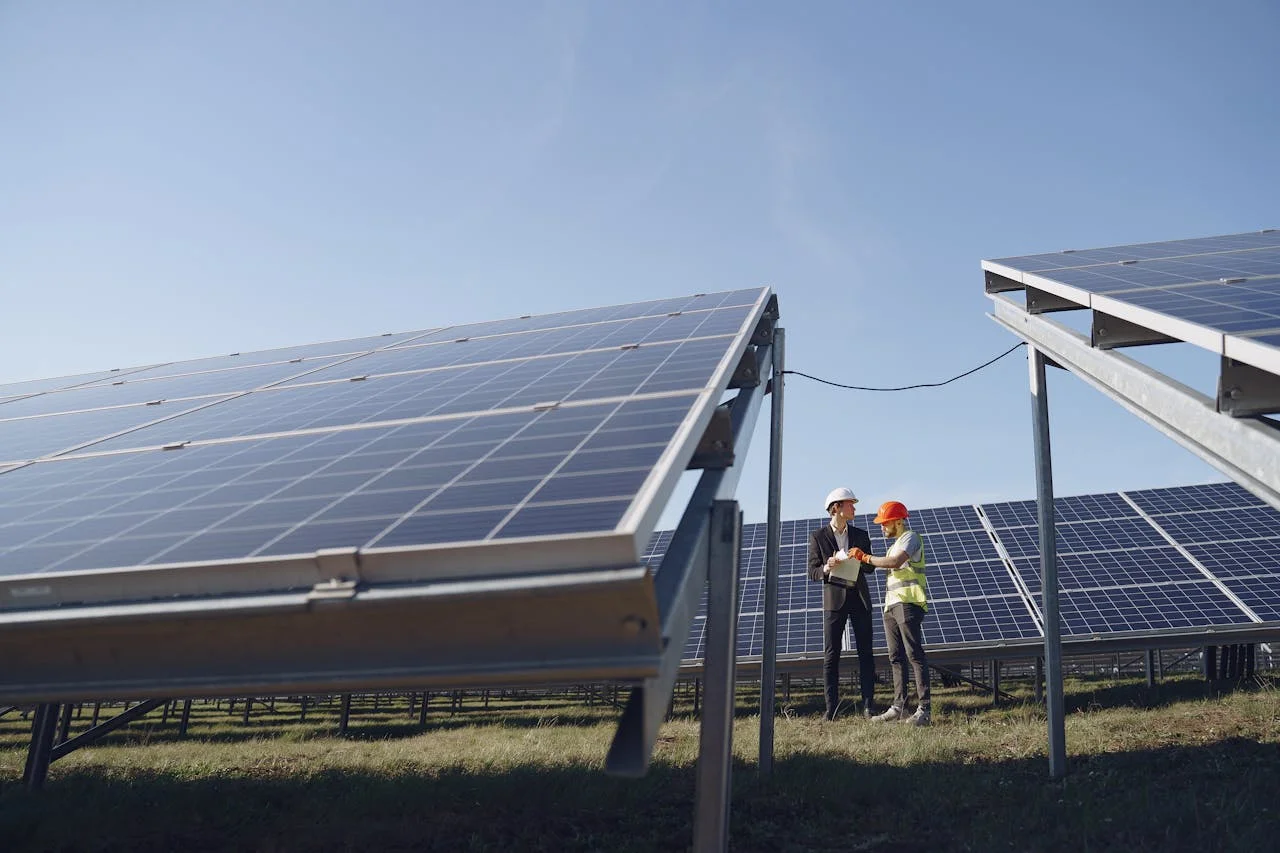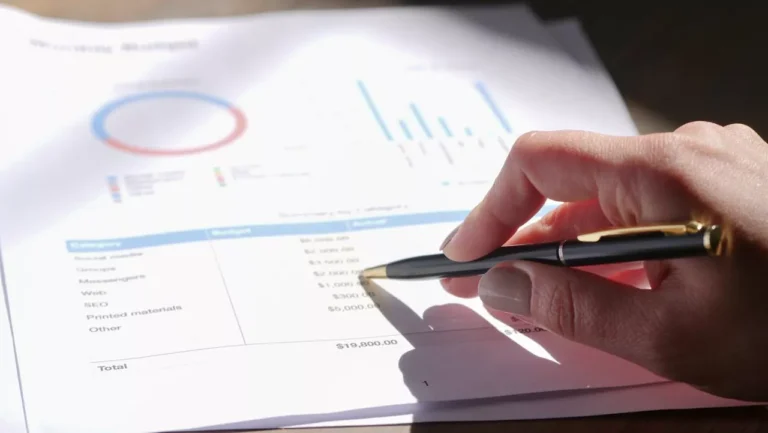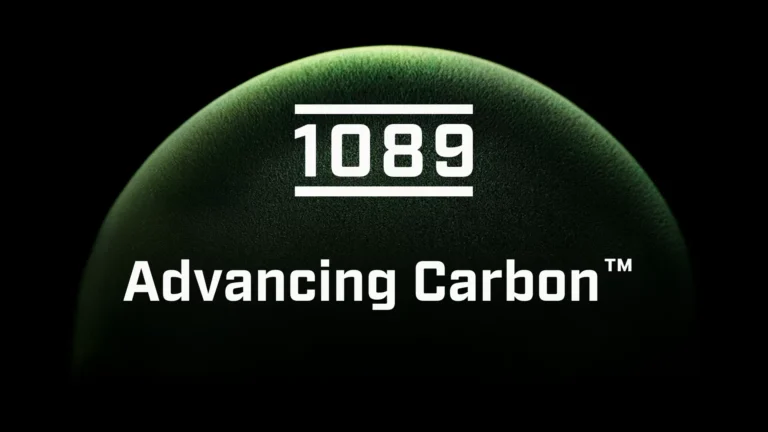
Mayor Leirion Gaylor Baird, along with Liz Elliott, Director of Lincoln Transportation and Utilities, recently unveiled a new renewable energy facility at the Bluff Road Landfill (6001 Bluff Road) designed to reduce greenhouse gas emissions. This facility will convert methane gas emitted by landfill waste into renewable natural gas (RNG), providing a sustainable energy solution for the city.
The City of Lincoln has partnered with Sparq Renewables, an Oklahoma City-based company, to protect air quality while enhancing the landfill’s operational efficiency. The landfill biogas project is a key initiative within Mayor Gaylor Baird’s 13 priority pillar projects and supports the city’s goals for reducing greenhouse gas emissions as outlined in its Climate Action Plan.
“This project turns a harmful waste product into a valuable resource,” said Mayor Gaylor Baird. “It boosts the efficiency of Lincoln’s landfill operations, reduces greenhouse gas emissions, and improves our community’s top-ranked air quality. Our landfill biogas project is a smart, sustainable investment.”
Sparq Renewables will finance, construct, and operate the renewable natural gas facility located on the landfill’s west side. With an estimated cost of nearly $50 million, construction is set to begin in December, with the project expected to be completed by winter 2026.
The landfill generates 1,500 standard cubic feet of methane per minute, which is equivalent to four megawatts of electricity—enough to power approximately 4,300 homes annually.
As part of the partnership, the City will receive a share of the revenue from Sparq’s RNG sales, with an estimated $96 million in proceeds over the 25-year agreement.
At the announcement event, Mayor Gaylor Baird was joined by Liz Elliott, Norman Herrera (CEO of Sparq Renewables), Kim Morrow (Lincoln’s Chief Sustainability Officer), and City Council member Tom Beckius.
In addition to capturing and converting greenhouse gases into renewable energy, Elliott highlighted that the biogas facility will also help subsidize landfill maintenance. “We are leading the way in demonstrating how sustainability innovations can drive economic and environmental progress, reduce emissions, and generate revenue that can be reinvested into waste management services for Lincoln,” she said.
Kim Morrow emphasized that reducing emissions from landfills is one of the most impactful actions the city can take to achieve its climate and sustainability objectives. Over the life of the project, it is estimated that the facility will reduce emissions equivalent to the consumption of 92 million gallons of gasoline.
“This project will provide a cleaner, healthier community by reducing methane emissions, replacing non-renewable energy sources, and improving air quality,” Morrow said. “Similar to our biogas capture project at the wastewater treatment facility, this forward-thinking solution addresses multiple challenges in a sustainable manner.”
Norman Herrera of Sparq Renewables noted that the biogas facility will open new avenues for revenue generation, including potential future applications in CO2 markets, hydrogen production, and sustainable aviation fuels. “The demand for renewable natural gas is substantial, and we are grateful for the City’s vision in bringing this project to life to reduce emissions and provide economic benefits to Lincoln and its surrounding communities,” he said.
City Council member Tom Beckius emphasized that the landfill biogas facility will benefit all residents of Lincoln. “This partnership with Sparq Renewables will improve air quality and enhance the efficiency and sustainability of our landfill operations,” he stated.







